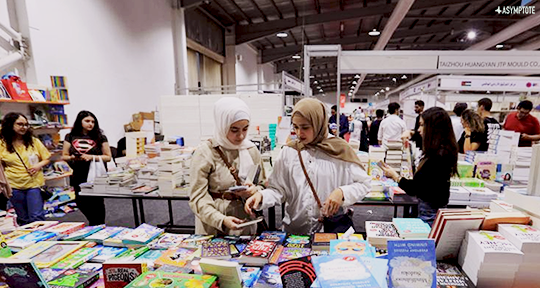Join us this in this week of literary news from Central America, the Philippines, and the Romanian diaspora! From recent publications of women writers, to a collection of electronic-inspired poetry, to movements against the ongoing genocide in Gaza, read on to learn more.
José García Escobar, Editor-at-Large, reporting on Central America
In December, Nicaraguan novelist and poet Gioconda Belli announced that Libros VISOR had just published a 900-page book collecting all her poetry books. Titled Toda la poesía (1974-2020), it includes a prologue written by Spanish poet Raquel Lanseros. This publication came only weeks after Belli won this year’s Premio Reina Sofía de Poesía Iberoamericana, one of the most prestigious awards given to poets of the Spanish language.
Earlier, in late November, Alfaguara put out a book entitled Desde el centro de América, Miradas alternativas, which includes short stories by twenty one Central American women. The collection includes the likes of Nicté Sierra, Marta Sandoval, and Ixsu’m Antonieta Gonzáles Choc, from Guatemala; María Eugenia Ramos and Jessica Isla, from Honduras; and Madeline Mendienta and Carmen Ortega, from Nicaragua. The book was put together by writer and researcher Gloria Hernández, who, in 2022, received Guatemala’s highest literary honor: the Miguel Ángel Asturias National Prize in Literature.








